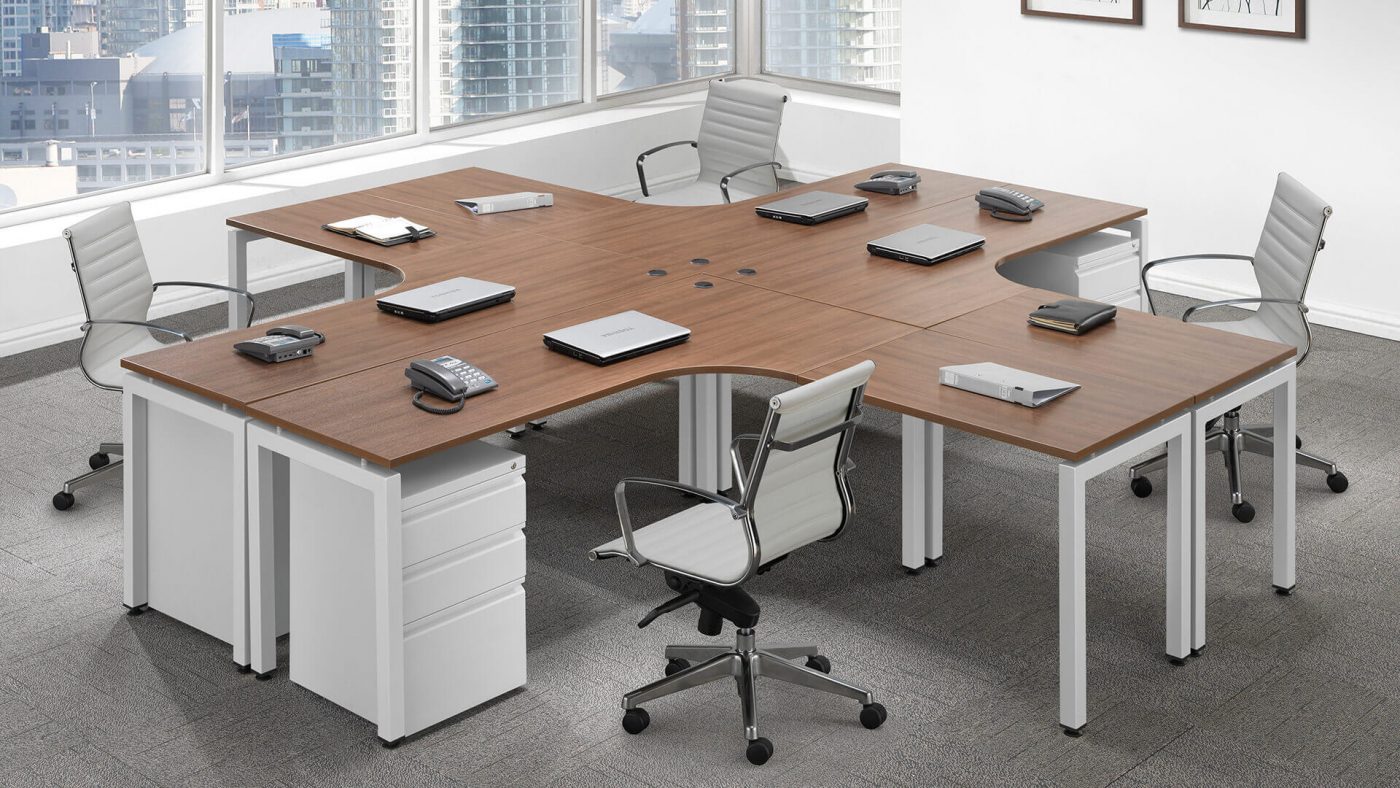In the competitive landscape of the modern business world, attracting and retaining top talent is a paramount concern for companies across industries. As Canada’s economy continues to evolve, organizations are increasingly recognizing that the physical environment plays a crucial role in influencing employee decisions regarding where to work and whether to stay. Among the many things that go into this choice, the style and quality of office furniture have become important factors that have a direct effect on a company’s ability to hire and keep top talent.
The Evolution of Employee Expectations
Gone are the days when employees were content with cubicles and monotonous layouts. Today, top talent seeks more from their workplace – an environment that fosters creativity, collaboration, and overall well-being. Office furniture has transitioned from merely serving a functional purpose to becoming a reflection of a company’s culture, values, and commitment to employee satisfaction.
Creating a Comfortable and Productive Workspace
The right office furniture not only provides comfort but also contributes to an employee’s productivity and overall satisfaction. Ergonomically designed chairs, adjustable desks, and proper lighting are elements that showcase an organization’s commitment to creating a conducive work environment. By investing in high-quality, comfortable furniture, companies can signal that they value their employees’ physical health and well-being.
Aesthetics and Brand Identity
Office furniture also plays a significant role in shaping a company’s brand identity. The design, color scheme, and style of furniture can convey a company’s values and personality. For instance, a tech company might opt for modern, sleek furniture to reflect innovation, while a creative agency might lean towards more eclectic and vibrant designs. When top talent walks into an office space that resonates with their personal preferences, it creates a sense of belonging and alignment with the company’s ethos.
Promoting Collaboration and Interaction
Collaboration is a cornerstone of success in today’s business environment. Open-concept office layouts with modular furniture promote interaction and teamwork among employees. By offering flexible seating arrangements and shared workspaces, companies encourage spontaneous conversations and idea exchanges. This design approach not only attracts collaborative talent but also retains them by nurturing an atmosphere where their contributions are valued and their creativity is harnessed.
Reflecting Technological Integration
In the digital age, the integration of technology is paramount. Source Office Furniture in Canada that accommodates modern tech tools and gadgets not only enhances efficiency but also speaks to an organization’s commitment to staying up-to-date. Companies that invest in furniture with built-in charging stations, cable management systems, and smart office solutions demonstrate their readiness to embrace technological advancements, which can be particularly appealing to tech-savvy talent.
Balancing Privacy and Openness
While open layouts foster collaboration, the need for privacy cannot be ignored. Top talent appreciates workplaces that offer a balance between collaborative spaces and private zones. Acoustic furniture solutions, soundproof pods, and private meeting areas provide employees with the choice to work in environments that suit their specific tasks. This versatility not only attracts a diverse range of talent but also ensures their comfort and focus, ultimately leading to better retention rates.
Employee Well-Being as a Priority
Beyond physical comfort, the emotional and mental well-being of employees is gaining attention. Canadian companies are recognizing the importance of creating environments that promote relaxation and stress relief. Comfortable lounge areas, breakout spaces, and even wellness rooms equipped with comfortable furniture for meditation or relaxation send a strong message to top talent that their holistic well-being is valued.
Sustainability and Ethical Choices
Top talent, particularly among the younger generation, is increasingly environmentally conscious and socially aware. Office furniture made from sustainable materials, produced using ethical practices, and designed for durability aligns with the values of these employees. A commitment to sustainability not only attracts talent that shares these values but also demonstrates an organization’s responsible approach to its role in the global community.
Conclusion
In the competitive Canadian job market, attracting and retaining top talent requires a holistic approach that considers the entire work experience. Office furniture, as a tangible and visible aspect of the workplace, plays a pivotal role in this endeavor. By investing in furniture that balances functionality, aesthetics, and employee well-being, companies not only create an appealing work environment but also send a clear message about their commitment to nurturing and valuing their workforce. As Canada’s workforce continues to change, companies that understand and accept the role that office furniture plays in drawing and keeping top talent will have a better chance of long-term success.
